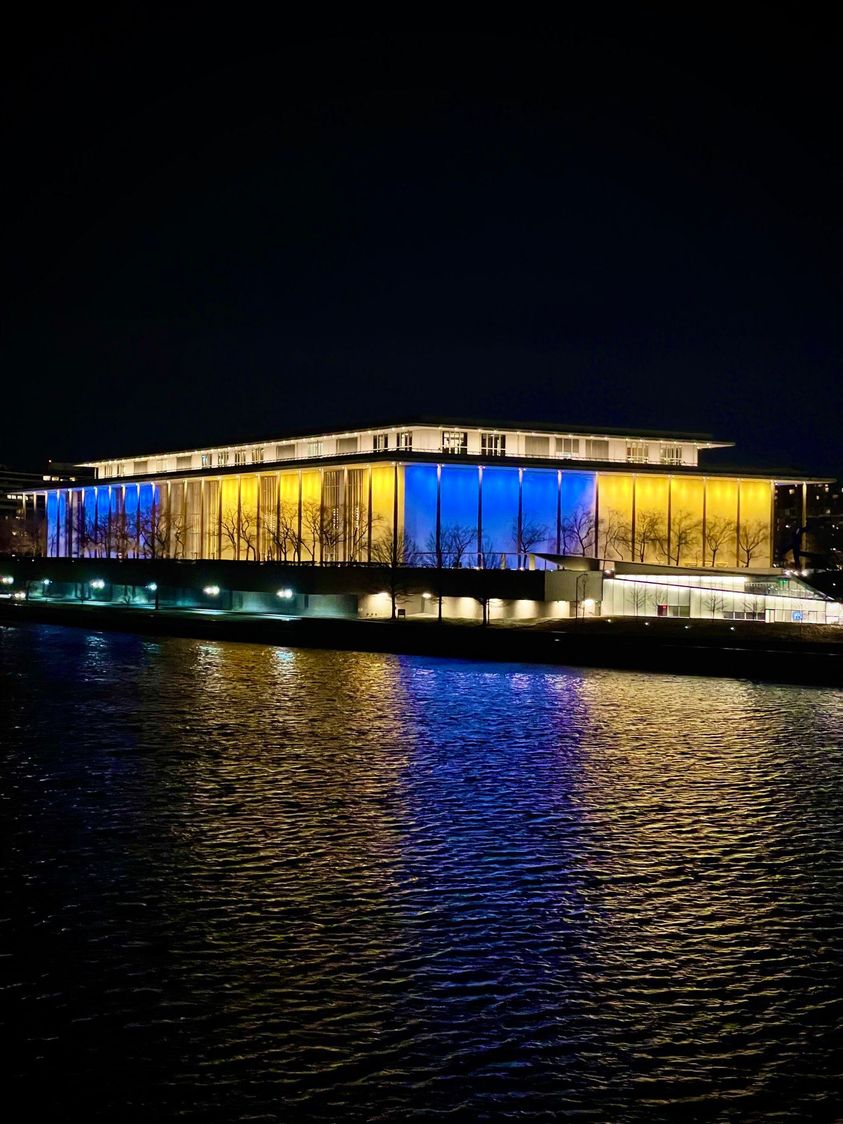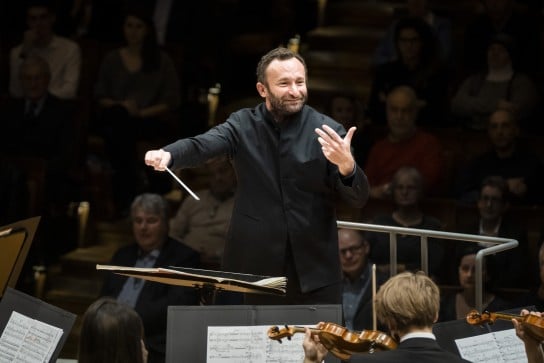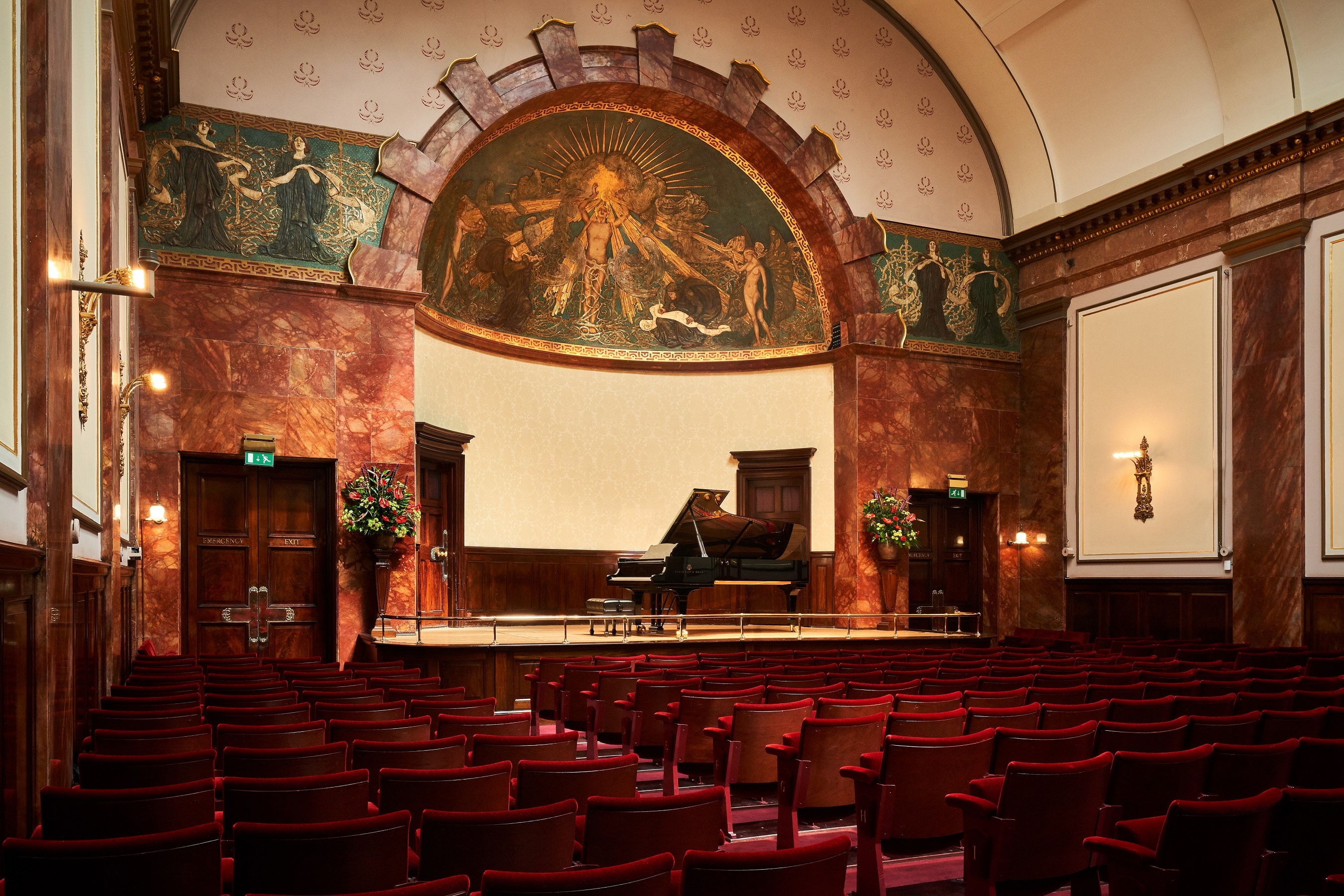UK splashes £1.5 billion to save the arts
mainStory in tomorrow’s FT:
Story in the FT tomorrow: “£1.5bn lifeline to the arts” (via @AllieHBNews) pic.twitter.com/Nk4Sw5e8BR
— Scott Bryan (@scottygb) July 5, 2020
Boris said: ‘The money will help safeguard the sector for generations.’

Press release:
Department for Digital, Culture, Media and Sport; HM Treasury
Embargoed to 10.30pm, Sunday 5 July 2020
£1.57 billion investment to protect Britain’s world-class cultural, arts and heritage institutions
· Cultural and heritage organisations to be protected with £1.57 billion support package
· Future of Britain’s museums, galleries, theatres, independent cinemas, heritage sites and music venues will be protected with emergency grants and loans
· Funding will also be provided to restart construction work at cultural and heritage sites paused as a result of the pandemic
Britain’s globally renowned arts, culture and heritage industries will receive a world-leading £1.57 billion rescue package to help weather the impact of coronavirus, the government announced today.
Thousands of organisations across a range of sectors including the performing arts and theatres, heritage, historic palaces, museums, galleries, live music and independent cinema will be able to access emergency grants and loans.
The money, which represents the biggest ever one-off investment in UK culture, will provide a lifeline to vital cultural and heritage organisations across the country hit hard by the pandemic. It will help them stay afloat while their doors are closed. Funding to restart paused projects will also help support employment, including freelancers working in these sectors.
Many of Britain’s cultural and heritage institutions have already received unprecedented financial assistance to see them through the pandemic including loans, business rate holidays and participation in the coronavirus job retention scheme. More than 350,000 people in the recreation and leisure sector have been furloughed since the pandemic began.
This new package will be available across the country and ensure the future of these multi billion-pound industries are secured.
Prime Minister Boris Johnson said:
“From iconic theatre and musicals, mesmerising exhibitions at our world-class galleries to gigs performed in local basement venues, the UK’s cultural industry is the beating heart of this country.
“This money will help safeguard the sector for future generations, ensuring arts groups and venues across the UK can stay afloat and support their staff whilst their doors remain closed and curtains remain down.”
Oliver Dowden Culture Secretary said
“Our arts and culture are the soul of our nation. They make our country great and are the lynchpin of our world-beating and fast growing creative industries.
“I understand the grave challenges the arts face and we must protect and preserve all we can for future generations. Today we are announcing a huge support package of immediate funding to tackle the funding crisis they face. I said we would not let the arts down, and this massive investment shows our level of commitment.”
Rishi Sunak, Chancellor of the Exchequer said:
“Our world-renowned galleries, museums, heritage sites, music venues and independent cinemas are not only critical to keeping our economy thriving, employing more than 700,000 people, they’re the lifeblood of British culture.
“That’s why we’re giving them the vital cash they need to safeguard their survival, helping to protect jobs and ensuring that they can continue to provide the sights and sounds that Britain is famous for.”
The package announced today includes funding for national cultural institutions in England and investment in cultural and heritage sites to restart construction work paused as a result of the pandemic. This will be a big step forward to help rebuild our cultural infrastructure.
This unprecedented package includes:
£1.15 billion support pot for cultural organisations in England delivered through a mix of grants and loans. This will be made up of £270 million of repayable finance and £880 million grants.
£100 million of targeted support for the national cultural institutions in England and the English Heritage Trust.
£120 million capital investment to restart construction on cultural infrastructure and for heritage construction projects in England which was paused due to the coronavirus pandemic.
The new funding will also mean an extra £188 million for the devolved administrations in Northern Ireland (£33 million), Scotland (£97 million) and Wales (£59 million).
Decisions on awards will be made working alongside expert independent figures from the sector including the Arts Council England and other specialist bodies such as Historic England, National Lottery Heritage Fund and the British Film Institute.
Repayable finance will be issued on generous terms tailored for cultural institutions to ensure they are affordable. Further details will be set out when the scheme opens for applications in the coming weeks.
Notes to editors
For further details please call the DCMS press office on 020 7211 2210.
The government is finalising guidance for a phased return of the performing arts sectors that will be published shortly. The government is working with the sectors to get it back up and running as soon as it is safe to do so and is being guided by medical experts.
Further quotes:
Sir Nicholas Serota, Chair, Arts Council England, said:
“We greatly welcome this very significant investment by the government in the future of arts and culture in this country and look forward to working with them on next steps. I know our amazing artists and creative organisations will repay the faith that the government has shown by demonstrating the range of their creativity, by serving their communities and by helping the nation recover as we emerge from the pandemic.”
Alex Beard Chief Executive, ROH said:
“The Royal Opera House warmly welcomes the newly announced package of Government support for the arts sector. This is a vital next step on the road to recovery for the industry and will help to support and sustain the UK’s vibrant arts ecology through this crisis. There is much to achieve over the coming months and this package of support will be a catalyst for unlocking the extraordinary creativity embedded in the UK’s world-renowned creative industries.
“Over the months ahead we will need to draw all on our collective ingenuity and determination to adapt to the realities of re-opening our theatres. We now look forward to the future and celebrating the return of our artforms, our community of staff and artists and importantly, welcoming our audiences back to the Royal Opera House.”






Comments